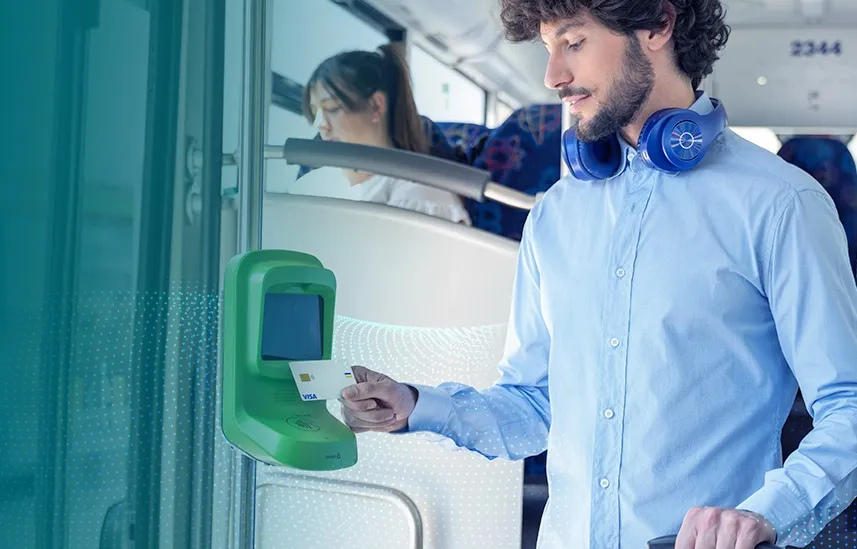Following its successful first meeting in Spain earlier this year, the Compass4D consortium met for the second time in Copenhagen to plan forthcoming work and to participate in a joint workshop with ITS Denmark on ITS deployment best practices. The Copenhagen pilot site is important to the project as the city will deploy cooperative systems on at least ninety buses and at twenty-one traffic signals. The route chosen for the pilot site is a central bus route running between Copenhagen Central Station and the
April 26, 2013
Read time: 2 mins
Following its successful first meeting in Spain earlier this year, the 7288 Compass4D consortium met for the second time in Copenhagen to plan forthcoming work and to participate in a joint workshop with 5503 ITS Denmark on ITS deployment best practices.
The Copenhagen pilot site is important to the project as the city will deploy cooperative systems on at least ninety buses and at twenty-one traffic signals. The route chosen for the pilot site is a central bus route running between Copenhagen Central Station and the important East Gate Station hub for regional, commuter and S-trains and, from 2018, the underground. It is estimated that over 77,000 passengers use the bus routes between the Central and East Gate stations every day.
”This effort to upgrade our transport systems goes together well with our plan for green mobility and our ambition to be a carbon neutral city in 2025,” said Ayfer Baykal, Mayor of the Technical and Environmental Administration in Copenhagen. “This ITS project can really contribute to cleaner air and better functioning cities.”
Around 200 bus drivers will be using the ITS services. “Here in Copenhagen we have some unique challenges regarding traffic, because bikes take up a lot of space. It is going to be very exciting to see how ITS solutions like Compass4D can create better conditions for buses and help us improve traffic flow and safety throughout the city” Ms Baykal continued.
The consortium also participated in a workshop, where ITS Denmark representatives and the city council highlighted current national initiatives and demonstrated future plans for the deployment of ITS services. “In the next couple of years using ITS, we will create better traffic flows and traffic safety. The benefits will be better comfort and regularity of the buses and for the city environment. We are really looking forward to continue working with the other cities and to sharing our experiences” Steffen Rasmussen, head of traffic design, City of Copenhagen, said.
The Copenhagen pilot site is important to the project as the city will deploy cooperative systems on at least ninety buses and at twenty-one traffic signals. The route chosen for the pilot site is a central bus route running between Copenhagen Central Station and the important East Gate Station hub for regional, commuter and S-trains and, from 2018, the underground. It is estimated that over 77,000 passengers use the bus routes between the Central and East Gate stations every day.
”This effort to upgrade our transport systems goes together well with our plan for green mobility and our ambition to be a carbon neutral city in 2025,” said Ayfer Baykal, Mayor of the Technical and Environmental Administration in Copenhagen. “This ITS project can really contribute to cleaner air and better functioning cities.”
Around 200 bus drivers will be using the ITS services. “Here in Copenhagen we have some unique challenges regarding traffic, because bikes take up a lot of space. It is going to be very exciting to see how ITS solutions like Compass4D can create better conditions for buses and help us improve traffic flow and safety throughout the city” Ms Baykal continued.
The consortium also participated in a workshop, where ITS Denmark representatives and the city council highlighted current national initiatives and demonstrated future plans for the deployment of ITS services. “In the next couple of years using ITS, we will create better traffic flows and traffic safety. The benefits will be better comfort and regularity of the buses and for the city environment. We are really looking forward to continue working with the other cities and to sharing our experiences” Steffen Rasmussen, head of traffic design, City of Copenhagen, said.








